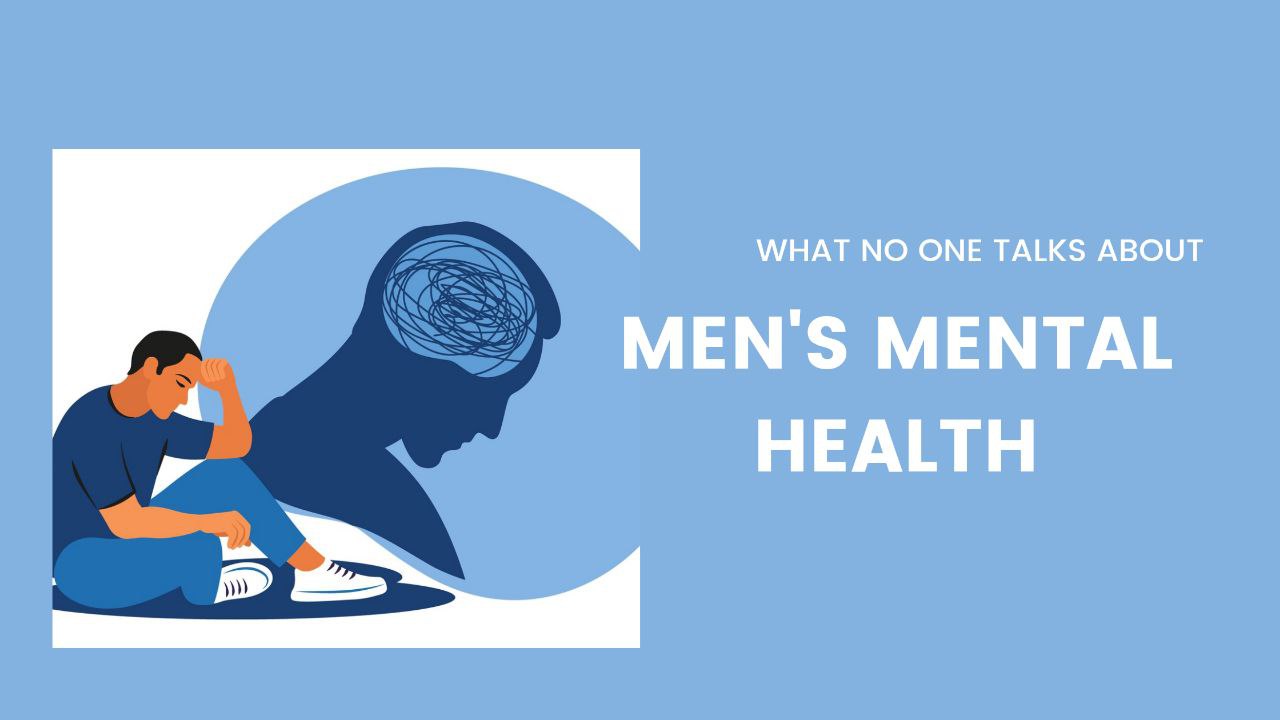Sound Therapy is a powerful tool that influences brain function and helps reduce stress naturally. By using specific sound frequencies, it can shift brainwave activity, promote relaxation, and improve mental clarity. Whether through binaural beats, Tibetan singing bowls, or nature sounds, Sound Therapy has been scientifically proven to lower cortisol levels, enhance focus, and support emotional well-being. Let’s explore how this fascinating practice can transform your mind and body.
How Sound Therapy Affects the Brain
1. Brainwave Synchronization and Mental Clarity
Our brain operates at different frequencies, depending on our mental state. It helps synchronize these brainwaves, guiding the mind into a more relaxed or focused state. The key brainwave states include:
- Beta Waves (13-30 Hz): Active thinking and alertness.
- Alpha Waves (8-12 Hz): Calmness, creativity, and light relaxation.
- Theta Waves (4-8 Hz): Deep meditation and stress relief.
- Delta Waves (0.5-4 Hz): Deep sleep and cellular healing.
By listening to Sound Therapy, the brain naturally tunes into these frequencies, enhancing cognitive performance and reducing mental fatigue.
2. Sound Therapy and the Nervous System
Chronic stress keeps the body in a constant state of “fight or flight,” increasing cortisol levels and leading to anxiety, fatigue, and poor sleep. It activates the parasympathetic nervous system, which promotes relaxation, lowers blood pressure, and reduces stress hormones. This shift helps the mind and body enter a more peaceful state, improving overall well-being.
The Role of Sound Therapy in Stress Reduction
1. Lowering Cortisol and Promoting Relaxation
Cortisol, the body’s primary stress hormone, is linked to anxiety, poor concentration, and sleep disturbances. Studies show that Sound Therapy can:
- Reduce cortisol levels, helping the body recover from stress.
- Boost serotonin and dopamine, improving mood and emotional balance.
- Enhance mental clarity and focus by reducing mental clutter.
Listening to calming Sound Therapy can instantly relax the mind, making it a valuable tool for stress management.
2. Improving Sleep Quality
Poor sleep is one of the biggest contributors to stress. Sound Therapy, especially delta wave sounds and white noise, can:
- Help the brain enter a deep sleep state faster.
- Reduce nighttime awakenings.
- Improve overall sleep quality, leading to better mental and emotional health.
Playing relaxing sounds before bed can significantly enhance sleep patterns and reduce stress-related insomnia.
3. Reducing Anxiety and Emotional Overload
Modern life exposes us to constant stimuli, leading to sensory overload and increased anxiety. Sound Therapy helps by:
- Slowing down brain activity and calming the nervous system.
- Creating a peaceful environment that allows the mind to reset.
- Supporting emotional balance through deep relaxation.
Techniques like binaural beats, Tibetan singing bowls, and nature sounds have shown promising results in reducing anxiety and emotional distress.
How to Use Sound Therapy in Daily Life
1. Start Your Morning with Focused Sound Therapy
Instead of reaching for your phone first thing in the morning, play alpha wave music or binaural beats to enhance mental clarity and productivity.
2. Use Sound Therapy for Work and Concentration
- Listen to white noise to block distractions.
- Play nature sounds to create a calming workspace.
- Try binaural beats to enhance creativity and problem-solving.
3. Unwind with Evening Sound Therapy
After a stressful day, listening to Tibetan singing bowls, solfeggio frequencies, or ocean waves can help you relax and release tension.
4. Use Sound Therapy for Meditation and Mindfulness
Incorporating it into meditation can deepen focus, enhance mindfulness, and create a more immersive relaxation experience.
Conclusion:
Sound Therapy is more than just listening to music—it’s a scientifically backed method for enhancing brain function, stress reduction, and emotional well-being. By incorporating specific sound frequencies into daily routines, individuals can experience increased relaxation, improved sleep, and better mental clarity.







